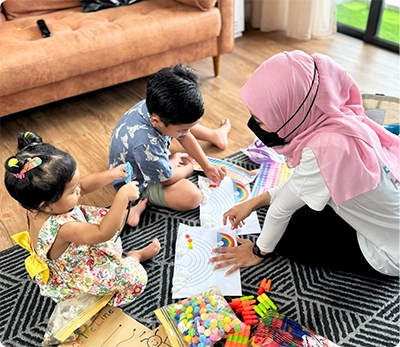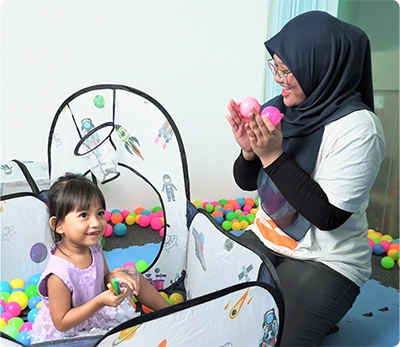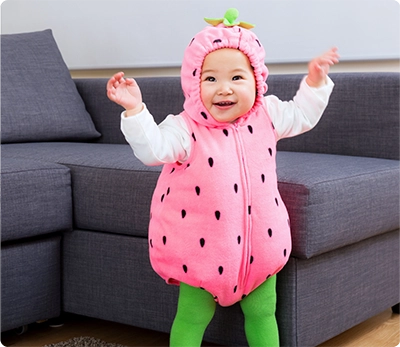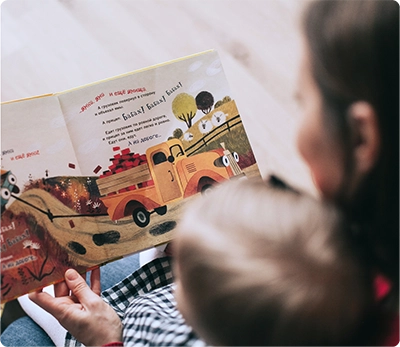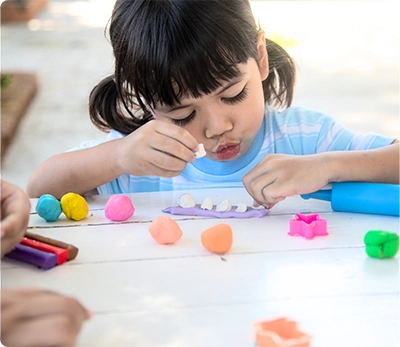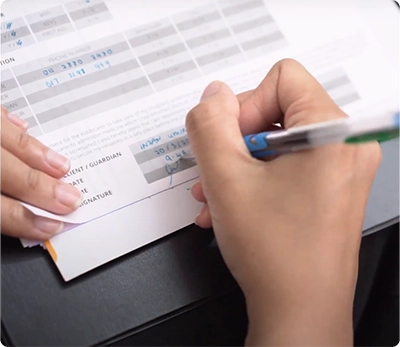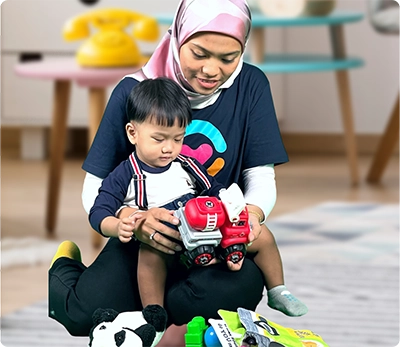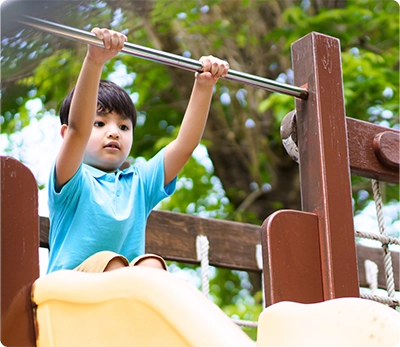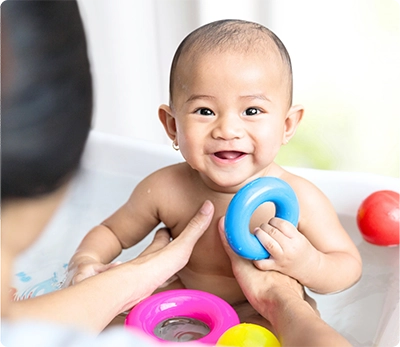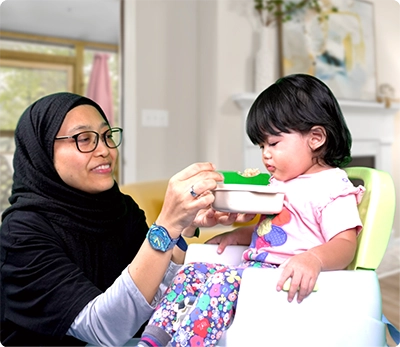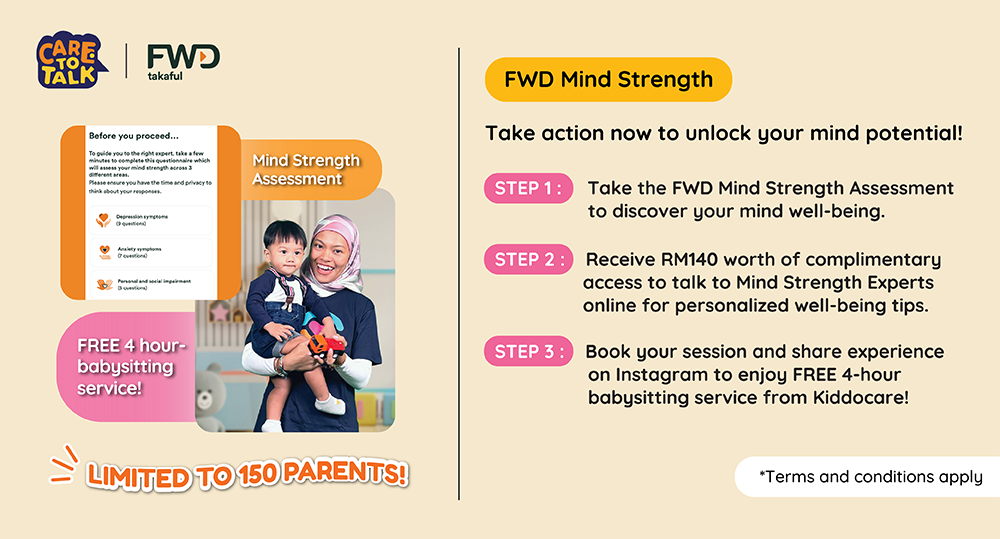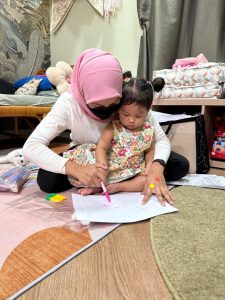How to Create a Daily Routine with Kids
How to Create a Daily Routine with Kids
If you are a parent, you’ve probably heard about the importance of routines in raising children. Many parents cringe when they hear the word “routine” because it brings to mind strict schedules and set times for everything. Thinking about doing everything at a set time, especially when balancing a full life can be a bit daunting.
However, establishing a routine for your child can be done without being tied to a clock. You can create a routine that works for you and your family without worrying about a rigid and hard-to-manage schedule. In fact, establishing a routine when your child is young is an important way to provide security, stability and even improve behaviour.
Creating the Best Routine that Fits Your Family
Most families find that their routine combines a mixture of these two parenting strategies–children’s needs change as they grow, and parents’ schedules change if they take a new job or if the family moves to a new location. When it comes to establishing a daily family routine, it’s best to combine elements of a routine with your daily schedule.
Here are some tips to establish a daily routine with your kids:
Analyze your days and weeks
Take a look at your days and weeks and ask yourself the following questions:
• Which family members work?
• Who goes to school?
• What activities each person is engaged in outside of school and work?
• Who is in charge of preparing meals each day?
• Do your children have multiple sports practices or activities that meet simultaneously?
• Does your family aim to have meals together each night?
Write down each of your family’s main time commitments in chronological order, and look for any problem spots. It’s also important to think about areas of the day when your child seems to struggle the most. Do they have a hard time focusing on homework after dinner? Do they tend to have a meltdown around 6:00 p.m. each day? Note each of these trouble spots on your chronological list.
Think about what you want
Once you’ve identified the things your family does each day, take a few minutes to think about your family’s priorities. What is your child’s daily routine currently? How does it need to change? This is where your routine will start to differ from the other families around you.
Each family has different priorities. Identifying what’s most important to you and your children will go a long way toward informing your routine.
Create a schedule
For a routine to really take root, you’ll need to follow it with the precision of a schedule in the beginning. This can help you and your children get used to the new way of doing things. Write out a schedule of what you want to do each day. Some things may need a precise time, such as serving dinner at 6:30 p.m. every night. Other things may be a little more flexible, such as listing each thing a child should do before school in the morning.
There may also be things that don’t need to happen at a set time every day, such as making the bed or cleaning up toys. As a parent, you may have a time in your head you know you want to ask your child to do these things, but you may not need to assign the time for everyone to see.
Share with the rest of the family
Once you’ve got a plan in mind, sit down with your spouse—and children if they’re old enough to understand—and talk about what you’re trying to do. Allow them to provide input, and tweak your expectations where necessary. Then write everything down clearly and hang it somewhere everyone in the family can see.
Try it out for a week
To figure out if your new routine will work, it’s important to go through an entire week following your plan. It may require a lot of reminders for your children, but do your best to stick to the plan and keep everyone on track. As you go, make notes about how things are going.
Revise and repeat
At the end of the first week, evaluate how things went. Were mornings smoother? Did your toddler have fewer meltdowns? Which areas still need improvement? Remember, a family’s routine is a constant work in progress. What works at one phase of life won’t always work for another. Be willing to change things up and experiment when needed.
Remember that your family is unique and your job is to develop a routine that works for you. Don’t stress if you don’t eat dinner at the same time as your family did growing up. Children want to feel secure, stable and loved. Any routine that results in these three things is a successful routine. All the best!














